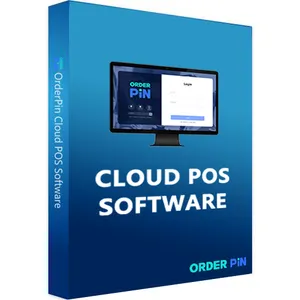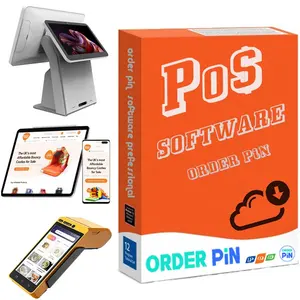Introduction to Tools for Money Management
The world of finance can be complex and overwhelming without the right tools. Fortunately, tools for money management are designed to simplify the budgeting process, streamline expenses, and optimize savings. These resources can range from mobile apps to software solutions, catering to both individuals and businesses seeking a tighter grip on their finances. Whether you’re a freelancer, a small business owner, or someone wanting to take control of personal finance, investing in proper tools can lead to better decisions, enhanced profitability, and long-term financial health.
Types of Tools for Money Management
There is a diverse range of tools available for money management, each tailored to meet specific needs. Here’s a breakdown of the common types:
- Budgeting Apps: These smartphone applications help users create budgets, track their spending, and send alerts when they exceed limits.
- Expense Trackers: Useful for logging daily expenses, these tools allow users to see where their money goes, helping identify saving opportunities.
- Financial Software: Comprehensive desktop applications provide advanced features like forecasting, detailed reporting, and investment tracking.
- Accounting Platforms: Ideal for businesses, these tools help manage payroll, invoicing, and comprehensive financial reporting with ease.
Function and Features of Money Management Tools
Understanding the core functions and features of money management tools is essential to maximize their benefits. Here are key aspects that stand out:
- Automated Tracking: Many tools automatically sync with bank accounts, credit cards, and spending records to streamline tracking.
- Visual Reports: Tools often provide graphical representations of spending categories, income vs. expenses, and predictive financial performance.
- Goal Setting: Users can set savings goals and monitor progress, making financial objectives more attainable and measurable.
- Alerts & Notifications: Timely reminders help users stay on track with payments, bills, and budget limits.
Applications of Money Management Tools
The applications of tools for money management are vast and varied. Here’s how different segments can take advantage:
- Personal Finance Management: Individuals can use these tools to monitor personal budgets, expenses, and savings goals.
- Small Business Expenses: Entrepreneurs can efficiently manage cash flow and expenses, ensuring the growth of their enterprise.
- Investment Tracking: Investors can evaluate portfolio performance and asset allocation, helping to optimize returns.
- Financial Planning: Professionals can leverage these tools for comprehensive strategies encompassing retirement planning, debt reduction, and wealth accumulation.
Advantages of Using Tools for Money Management
Integrating money management tools into your financial routine offers numerous advantages:
- Enhanced Financial Literacy: These tools come with educational resources that improve users' understanding of financial concepts.
- Time Efficiency: Save hours by automating tasks such as data entry and reports generation that would otherwise require manual effort.
- Informed Decision Making: With better data, you can make informed choices about spending, saving, and investment.
- Stress Reduction: Finding peace of mind in knowing your finances are organized and under control can lead to less anxiety and a greater focus on goals.















































